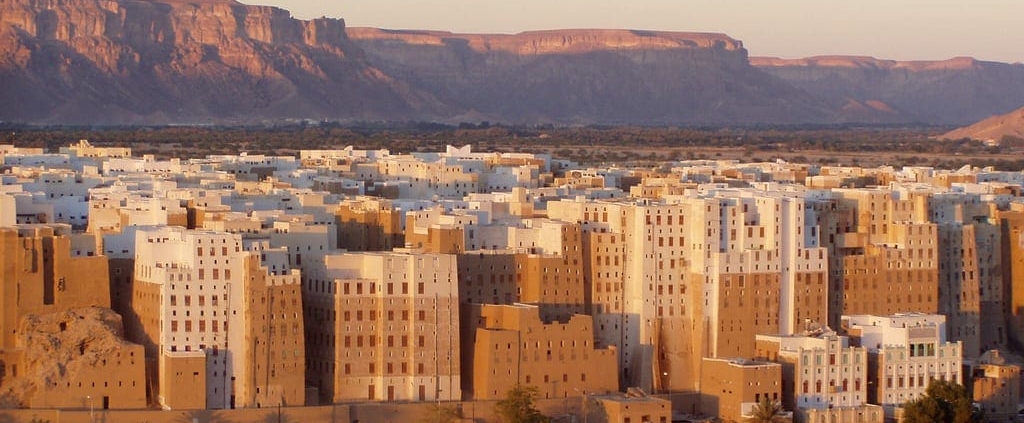The Masters and the Millennials | Part 6: From the Cradle to the Grave – Shaykh Abdurragmaan Khan
This is the sixth part of a series, click here for the previous article.
In the Name of Allah, Most Merciful and Compassionate
One of the challenges of the current age is that many young students of sacred knowledge stop studying after only a few years because they receive public recognition. They are not really scholars but imagine themselves to be, because they are either good at public speaking or are fulfilling some other scholarly role.
We should always seek to increase in sacred knowledge. For example, our Shaykh, sayyidi Habib Umar used to make a point of attending the classes of Habib Salim bin Abd Allah al-Shatiri before he passed away, even though his own classes drew hundreds or thousands of people.
‘Abd Allah bin ‘Amr bin al-‘As narrated that he heard the Prophet (Allah bless him and give him peace) say:
إِنَّ اللَّهَ لاَ يَقْبِضُ الْعِلْمَ انْتِزَاعًا، يَنْتَزِعُهُ مِنَ الْعِبَادِ، وَلَكِنْ يَقْبِضُ الْعِلْمَ بِقَبْضِ الْعُلَمَاءِ، حَتَّى إِذَا لَمْ يُبْقِ عَالِمًا، اتَّخَذَ النَّاسُ رُءُوسًا جُهَّالاً فَسُئِلُوا، فَأَفْتَوْا بِغَيْرِ عِلْمٍ، فَضَلُّوا وَأَضَلُّوا
His statement:
إِنَّ اللَّهَ لاَ يَقْبِضُ الْعِلْمَ انْتِزَاعًا، يَنْتَزِعُهُ مِنَ الْعِبَادِ
This means that Allah will not remove knowledge from this earth by stripping it from the hearts and minds of men.
His statement:
وَلَكِنْ يَقْبِضُ الْعِلْمَ بِقَبْضِ الْعُلَمَاءِ
However, He will remove it biqabd al-‘ulama’. The common meaning of qabd is to take possession. Thus, taking possession of the scholars is commonly interpreted as causing them to die, so that knowledge will die out with them.
Habib Abu Bakr al-‘Adani points to another meaning of biqabd al-‘ulama. He says it refers to the restriction of sacred knowledge in contemporary societies. Short courses are common, with most Islamic universities producing graduates who call themselves shaykhs after four years.
Traditionally, students would continue their journey of sacred knowledge for ten, twenty or even thirty years before becoming scholars. Shaykh ‘Abd al-Qadir al-Jilani, for example, studied for thirty years before he was permitted to conduct his own classes. In Tarim, graduates of Dar al-Mustafa are called students of knowledge (talib al-‘ilm), nothing else, even if they study there for ten years. They are only called ‘Sayyid’ (for the family of the Prophet) or ‘Shaykh’ (for others) if they have obtained recognition from the senior scholars and established themselves in the community.
Gaining sacred knowledge is a life-long journey that requires years of sacrifice and effort. It is not gained by studying at the hand of an academic who does not pray in the mosque five times a day, or who does not pray the voluntary night prayer (tahajjud), or who adheres to modernist ideologies, or who is not even a Muslim.
Studying under such people does not illuminate the heart with sacred knowledge. One must be an exemplary Muslim to be a scholar.
Imam Shafi‘i, one of the most exemplary of all scholars, once looked at the shin of a woman and his memory deteriorated. He sought advice from his teacher, Waki’ ibn al-Jarrah, who advised him:
I complained to Waki’ of my weak memory,
To abandon sin is what he advised me,
For knowledge is light from my ilahi (my Lord),
And a sinner is not given from His Luminosity,
May Allah allow us to be amongst those who seek sacred knowledge only for His sake and allow us to be amongst those who act upon their knowledge.
